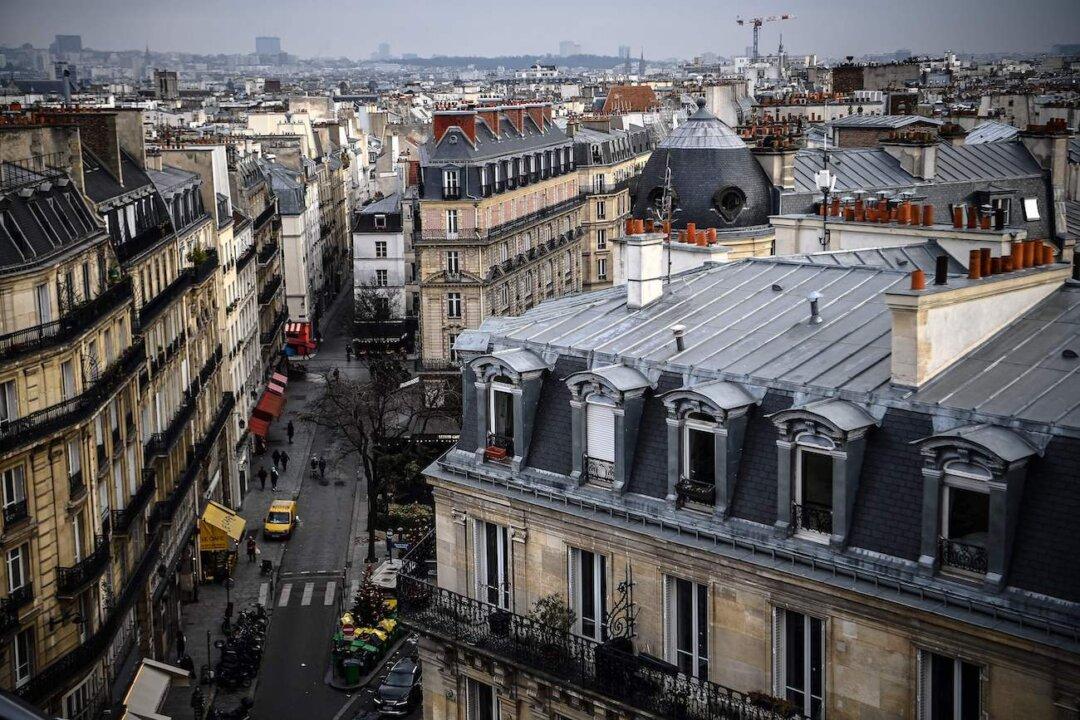A new COVID-19 vaccine pass will go into effect in France on Jan. 24 as planned, severely restricting the public lives of people who have not decided to be vaccinated against the CCP virus. At the same time, some restrictions will loosen.
French Prime Minister Jean Castex said Thursday that from Feb. 2, working from home at least three days per week will no longer be mandated, and there will be no more outdoor mask mandate. On the same day, caps on patrons at sports and entertainment venues will be lifted.




